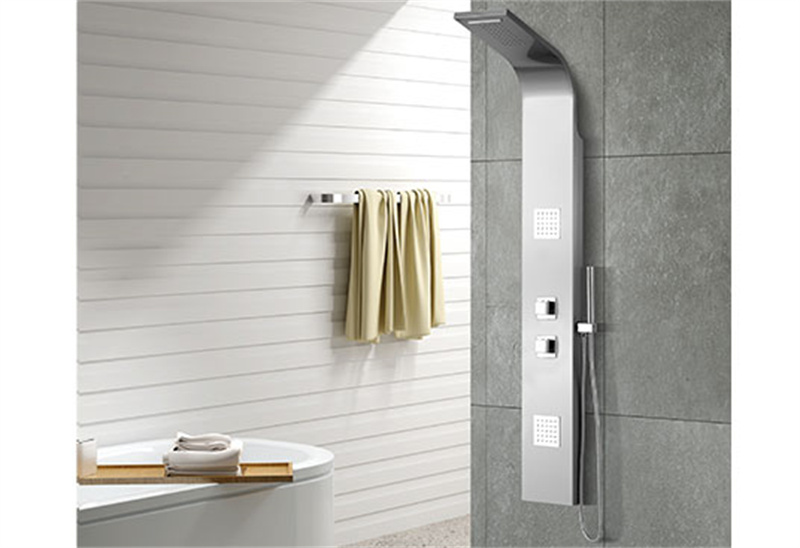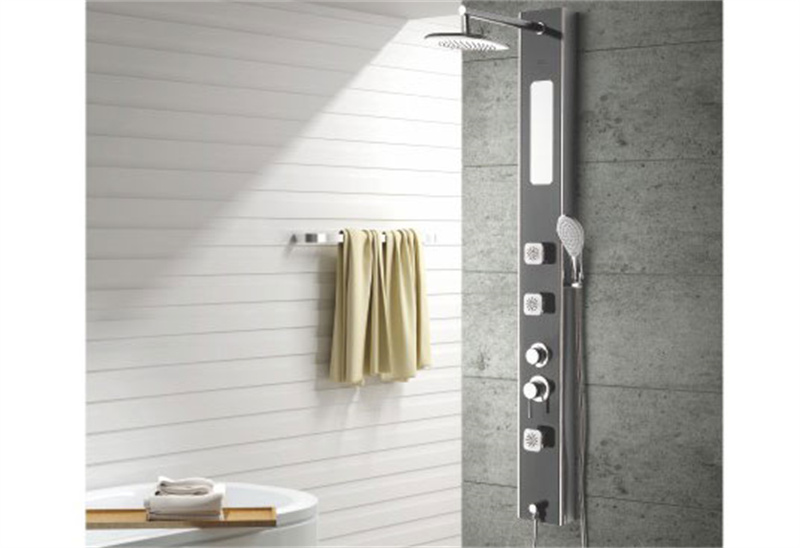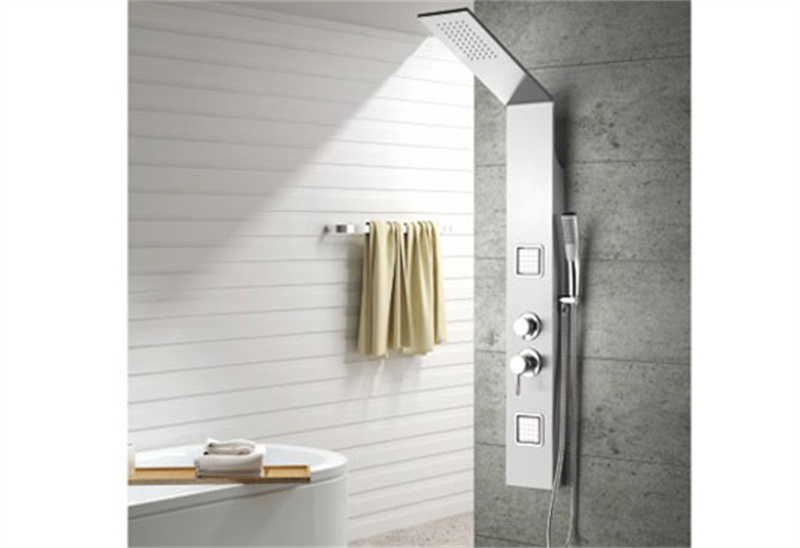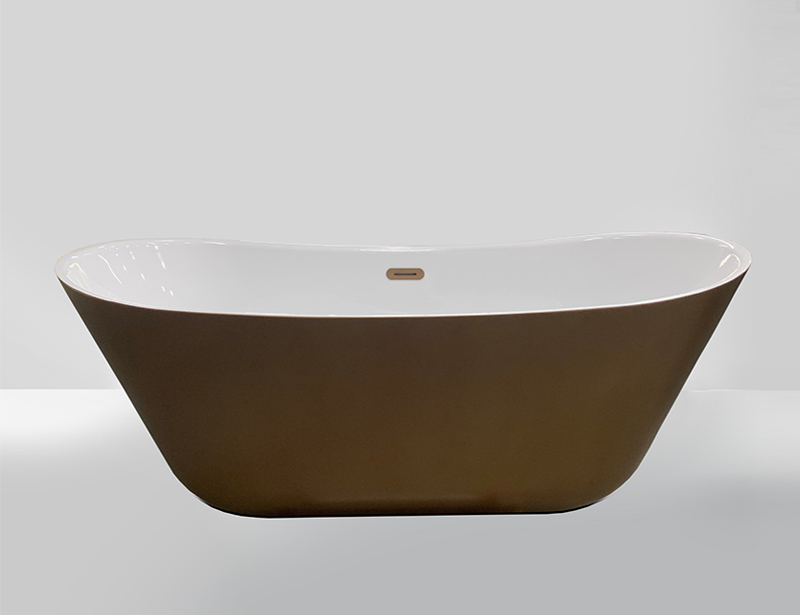Freestanding bathtubs are made from a variety of materials, each with its own unique characteristics, appearance, and maintenance requirements. Here are some common materials used to make freestanding bathtubs:
Acrylic: Acrylic is a popular choice for freestanding bathtubs because it's lightweight, durable, and easy to clean. These tubs are often less expensive than other materials and come in a wide range of shapes and sizes. Acrylic bathtubs are known for their glossy finish and good heat retention.
Cast Iron: Cast iron bathtubs are incredibly durable and have a classic, timeless appearance. They are coated with enamel, which provides a smooth and glossy finish. However, they are heavy and may require additional floor support due to their weight. Cast iron tubs are excellent at retaining heat.
Stone: Stone bathtubs, such as those made from marble, granite, or limestone, offer a luxurious and natural aesthetic. They are heavy and require robust floor support. Stone tubs can be quite expensive but are highly durable and can retain heat well.
Copper: Copper freestanding tubs are known for their distinctive and rustic appearance. They can develop a unique patina over time, adding to their charm. Copper is a good conductor of heat, so these tubs can provide excellent heat retention.
Solid Surface: Solid surface materials like Corian or Swanstone are synthetic materials that can mimic the look of natural stone. They are durable, stain-resistant, and often easy to clean. These tubs are typically cast as a single piece, which can create a seamless and modern look.
Fiberglass: Fiberglass is a lightweight and affordable material commonly used in the construction of freestanding bathtubs. While it is less durable than some other materials, it's relatively easy to install and comes in various shapes and sizes.
Wood: Wooden bathtubs, often made from hardwoods like teak or cedar, offer a unique and natural look. They are typically lined with waterproof materials to prevent water damage to the wood. Wooden tubs can be high-maintenance and may require regular sealing and cleaning.
Composite Materials: Some freestanding tubs are made from composite materials, which are a blend of materials like resin and natural minerals. These tubs can be durable and easy to maintain while offering a range of design possibilities.
The choice of material for your freestanding bathtub should take into account your budget, style preferences, maintenance requirements, and the overall look you want to achieve in your bathroom. Each material has its own set of advantages and considerations, so it's essential to research and select the one that best suits your needs and complements your bathroom's design.








